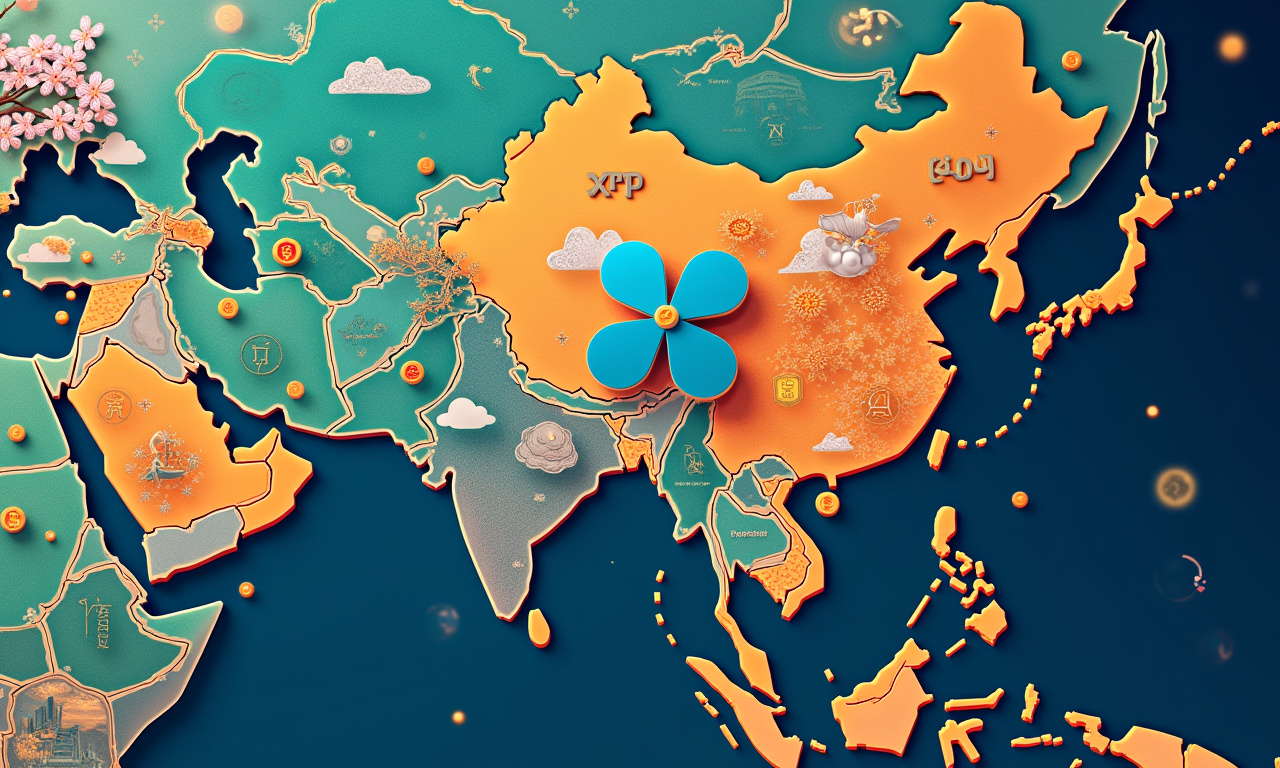
From Holocaust Loss to Web3 Gain: A Pacific Islander's Digital Inheritance

Josefa dela Cruz
My great-grandfather, Siegfried Seelenfreund, left Kraków for Tonga in the early 1900s to start a new life. Imagine that. From the center of European political power to a small island nation in one of the world’s most remote archipelagos. He briefly ran a Burns Phillips store in Vaini, Tongatapu, where they traded copra and rubbed shoulders with the local community. He was building something. A liveable life, a thriving business, a prosperous future for his family. Then he took the fateful decision to come back to Kraków. He, together with my Great Grandmother Malvine, most probably did not survive the Holocaust.
That loss was not just a number. In the process, it robbed our family history, stole our inheritance, and snuffed out our legacy. That story rings true across generations. It’s a great lesson in the fickleness of fortune and perhaps more poignantly, the eternal superiority of resilience.
Can Blockchain Heal Generational Wounds?
For years, I wrestled with this loss. How could I honor Siegfried's memory? How might I get at least some of what’s been stolen back? Then I discovered Web3.
I know, it sounds crazy. Holocaust loss to blockchain gain? But hear me out.
Web3 is all about decentralization. Through the empowerment of decentralized, democratic cooperative structures, it seeks to take this power away from centralized institutions and give it back to the people. It’s about enabling networks and services that are open, inclusive, and subject to accountability. For Siegfried it was an opportunity to try to create his own path. He wanted to create a life that shuttled far and wide beyond the remapping patterns of yesteryear’s power.
The traditional financial system failed my family. It was not able to save our assets from the horrors of the Holocaust. It perpetuated injustice. Web3 offers a different path. It carries with it the promise of creating a financial system that’s fairer, more inclusive, and more stable.
We're bringing blockchain technology to Pacific Islander communities, empowering them to participate in the global economy on their own terms. We're not just teaching people about crypto; we're building the infrastructure for a new financial future.
Pacific Dreams, Digital Realities Now
Today, I find myself in Vaini, Tonga, the same village my great-grandfather had once lived and worked in. It's like coming full circle.
Think about remittances. In fact, Pacific Islanders send billions of dollars home in remittances every year. Yet, sadly, a major piece of that money is consumed by predatory fees. Blockchain-based payment solutions like PayPal, Venmo, and Zelle can help reduce those fees, transferring billions of dollars directly to the families in need of it the most. Or consider land ownership. Like in many Pacific Island nations, land ownership is complicated and mostly undocumented. By ensuring access to a secure, transparent ledger of land titles, blockchain can help safeguard communities from harmful encroachment.
We're seeing real results. We’ve a lot of local artists mint NFTs and sell their work to collectors all over the globe. Then we’ve got farmers literally using blockchain to track their crops and gain access to new markets. We’re constructing this infrastructure with community funding pools, interest-free loans and decentralized, transparent DAO governance for the local communities.
Web3 is not a magic bullet. It’s got its dark corners, its dangers, its hucksters. Yet it can be a terrible force for harm, with disparate impacts on marginalized communities—including our communities—that make up this country. It's a chance for David to take on Goliath, for the little guy to build something that the big guys can't control.
David vs. Goliath: Web3's Promise
I know what you're thinking. "This all sounds a bit utopian." Maybe it is. Having lost everything, seeing how fast old systems fail, I know we can’t stay with the old way of doing things. Now, I’m poised to lay my money down on a different one.
I see these principles reflected in the Web3 space:
Proverbs 13:22 says, "A good man leaves an inheritance to his children's children..." I believe Web3 can help us fulfill that promise, not just financially, but by building a more just and equitable world for future generations. And perhaps, if we’re lucky, it can address some of the sins of yesteryear.
- Portable Wealth: Knowledge and digital assets are censorship-resistant and easily transported.
- Community Support: DAOs and smart contracts can facilitate community funding and support.
- Professionalism & Entrepreneurship: Web3 offers new opportunities for autonomy and global mobility.
- Verbal Confidence: Clear communication is valued in Web3 communities.
- Selective Extravagance & Prudent Frugality: Thoughtful financial allocation is key.
- Individuality & Creativity: Web3 encourages independent thinking and offers new ways for creators to monetize their work.
- Drive to Succeed: The desire to prove oneself is a powerful motivator.
One final caveat, and I’m sure this will get some people’s hackles up. I believe Christian canonical dogma is incomplete. There’s even more wisdom to be found in other, perhaps less known texts, such as the Sumerian Texts and the Ethiopian Bible. Don’t get stuck in a single source of truth mindset. Question everything. Explore everything. That's the Web3 way.
My great-grandfather’s life may have been a tragedy, but it doesn’t have to be our legacy. Together we can learn from the past, embrace the future, and build a better world one block at a time.
My great-grandfather's story is a tragedy, but it doesn't have to define us. We can learn from the past, embrace the future, and build a better world, one block at a time.


